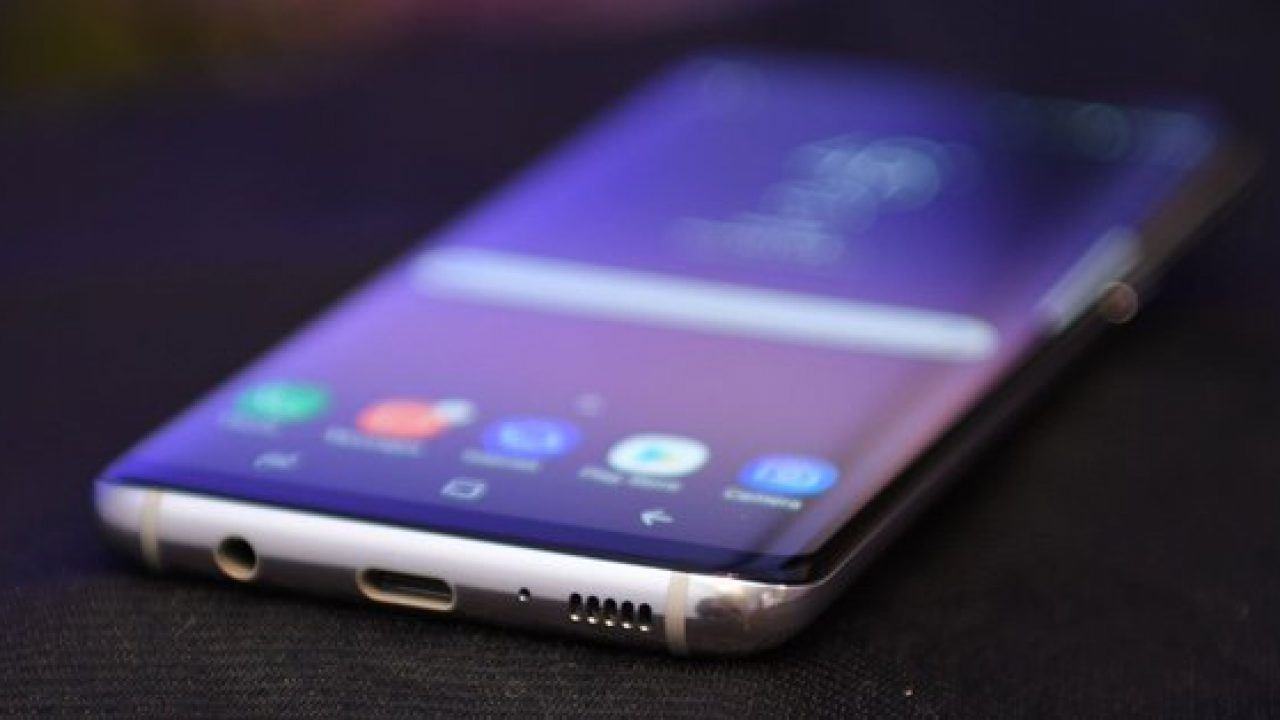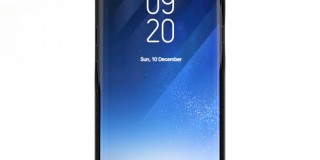How To Improve GPS Signal On Galaxy S8 And Galaxy S8 Plus

Whether you use it to play games or to find your way to a remote location, through an unknown route, with Google Maps, you don’t really think of how important the GPS of Galaxy S8 really is. But when you start having all kinds of GPS accuracy problems, here is what you can do to fix your Android.
Consider activating the High Accuracy GPS Mode
You haven’t done it so far because you didn’t think it was necessary and because you wanted to spare some battery life. But when you lack the signal strength, the battery is a small cost that you should be willing to pay. The good thing is that you can switch between these two GPS modes as you please. If you’re playing Pokemon Go right now and you need high location accuracy, you use the High Accuracy GPS mode and then you disable it when you’ve finished playing.
To activate this mode:
- Go to Settings;
- Tap on Location;
- Make sure you have the Location services turned on – switch its toggle to On, if it isn’t;
- From the Location tab, navigate to Mode;
- Tap on Mode and select the High Accuracy mode to boost your GPS signal strength.
From now on, you should notice a significant improvement, though working with both the GPS and the Wi-Fi connection will drain your battery significantly faster when ensuring this type of accuracy.
Make sure you still have the GPS turned on
You might be surprised, but switching from one app to another could actually lead to automatically deactivating the GPS. Your Samsung Galaxy S8 or Galaxy S8 Plus has all the best intentions, trying to save your battery. Say you’re playing a game that uses the GPS, suffices to take a quick pause and check some notifications, only to discover, when you’re back to the game, that the GPS is no longer turned on.
To get rid of this kind of worries and stop obsessively checking the GPS status, you could install a dedicated third-party app that will do just that – making sure that your GPS stays connected. The fast battery-draining problem goes without saying, but you’ll have to make a choice.
Verify some potential software or hardware issues
These issues will obviously involve your Android device. When the above-suggested methods didn’t fix the signal problem, you will have to consider that it may be something wrong with your phone.
One cool thing you could try and that you probably didn’t think of until now is to check the GPS Essentials section of your smartphone. In there, you should be able to access an icon labeled as Satellites and have a look at the way your device connects to some satellites from around the Earth. If you cannot see any connection of this type, you’re either having some metallic objects around you that are impairing the connection or, again, it’s a GPS hardware or software problem.
Unfortunately, if that’s the case, there’s nothing you can do on your own about it. So, it is best to take your Galaxy S8 or Galaxy S8 Plus to an authorized service.
Rule out the stuck-on-satellite possibility
Aside from the phone not being able to connect to any satellites, there is also a high probability that it got stuck on a particular satellite that is no longer in range. This kind of problem is easy to fix by refreshing the GPS data, but in order to determine if you really need this or not, you will have to use a third-party app such as the GPS Status & Toolbox.
This app will actually clear your GPS data automatically and refresh it, searching for new connections and, this time, connecting to a satellite in the range that will provide the appropriate signal. With this app, all you would have to do is to tap on the option labeled as Manage A-GPS State and hit the Reset button. To refresh the connectivity, get back to the same Manage A-GPS State and hit the Download button.
That’s probably the last frontier that you can reach on your own when trying to fix the GPS signal strength problem on Samsung Galaxy S8 or Galaxy S8 Plus.
















